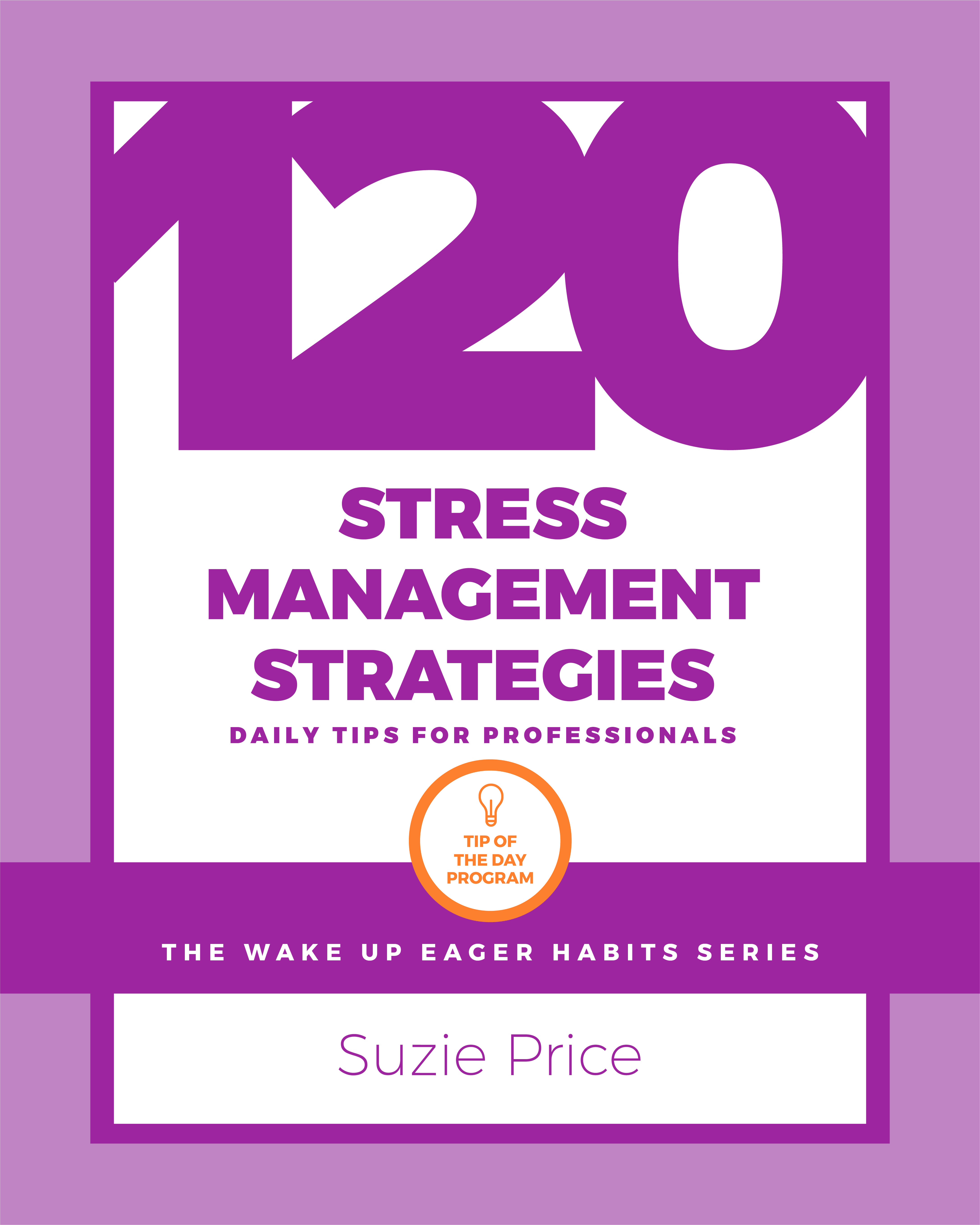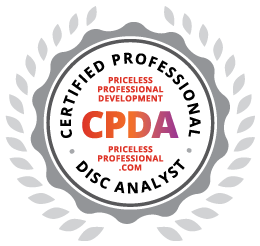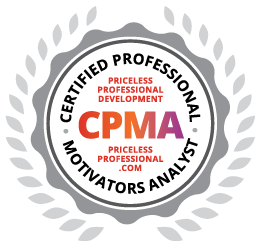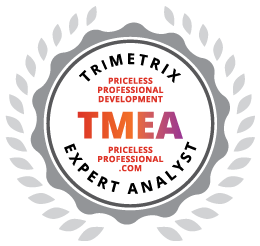The Know How You Need & the Tools to Get You There... Get Certified >

Common Situations That Can Skew Assessment Results

Assessments can be life-changing in their value and insight; however, their use is limited by how willing a participant is to engage. Some common situations can also skew the accuracy of assessment results.
Here are a few situations to be aware of while using assessments.
Environmental Factors:
Noisy Environment
If someone is in a noisy physical setting, they will likely find it
difficult to think clearly and answer questions to the best of their
ability. Being interrupted by others talking or asking questions also
dilutes the ability to focus on the assessment fully. Assessments are
best taken in a quiet, interruption-free environment.
Toxic Work Environment
The emotional environment is also important; if the assessment-taker
feels threatened or insecure in their workplace, they will likely have
difficulty getting value out of the assessment. They may wonder how
their results will be used or if this is a punishment. Fear of demotion
or firing and a general lack of clarity can cause assessment-takers to
skew results.
Trust is crucial! People need to know the assessment results will not be used against them in any way—diving into behavior, motivation, EQ, and more can be a vulnerable process. Honor their openness by explaining the purpose of the assessment and how their results will be used up front.
Taking Too Much or Too Little Time
On the starting page of each assessment is an estimated time needed
to complete that assessment. Assessment-takers need to find a balance
between taking too much or too little time. They should go with their
first response, listening to a gut feeling when completing questions.
They shouldn’t rush through reading and processing, but also shouldn’t
spend too much time trying to analyze the question.
Starting and stopping the assessment can also skew results, which is why taking it uninterrupted is so important.
Outside Factors
Major Life Events
Any major life event—moving, getting married, the birth of a child,
the loss of a loved one, a shift in health, or even a global crisis—may
skew assessment results.
During a period of change, it's likely that an individual’s
perception of themself and ability to answer honestly is compromised.
This isn’t conscious on their part; that’s why TTI recommends waiting
three months after a major life event to take an assessment.
Unclear Job Description
If someone is overworked or trying to manage too many
responsibilities at once, it can show up in their assessment responses.
They might be unsure of which version of themself to answer, which makes
everything less clear.
Language Translation
If an employee is multilingual, it’s imperative to take the
assessment in their native language. Vanessa Boettcher, Vice President
of Global Distribution, speaks four languages, and her brain scan image
below shows the strongest connection to the word “enthusiastic” in her
first language, Spanish.
“Even though I have spoken English during my entire adult and professional life, my report is still most accurate when I respond in my native tongue,” she says.

Emotional Factors:
Negative Past Experience with Assessments Lack of Self-Awareness
The way assessments are administered is crucial to their success. If an individual has experienced mistrust in the workplace, they will likely experience stress by taking another assessment.
They also might not believe in the benefits of assessments if they don’t know how their results will be used or haven’t experienced proper follow-up before.
Make the Right Moves with Assessments
While utilizing assessments, it's essential to recognize common situations that can distort the accuracy of results. From environmental factors like noise disruptions to emotional aspects such as past negative experiences, each element can significantly impact the outcome.
Understanding and mitigating these factors enhances the reliability and usefulness of assessment results, fostering a more effective talent development strategy.
Article courtesy of assessment business partner TTI Success Insights / Jaime Faulkner.
LET'S TALK:
Contact us to schedule a Complimentary Consulting Call
or to ask questions about any of our Hiring,
Coaching, Training and Assessment services.







